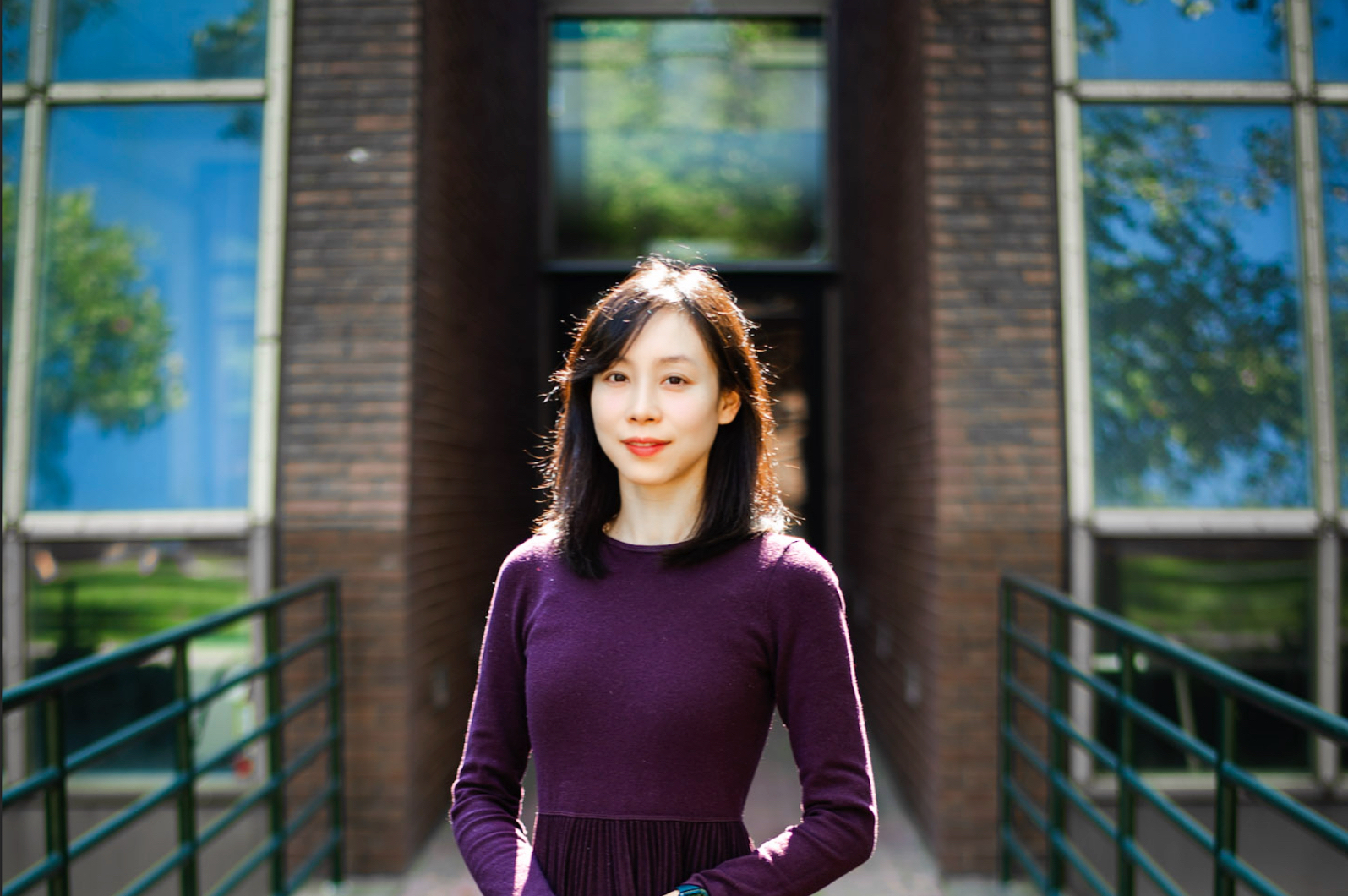Xi Song
Department of Sociology, School of Arts & Sciences
University of Pennsylvania
3718 Locust Walk McNeil Building, Ste. 353,
University of Pennsylvania, Philadelphia, PA 19104-6299

Xi Song (宋曦) is Professor of Sociology and a faculty member of the Asian American Initiative at Columbia University.
Song received her Ph.D. in Sociology from the University of California—Los Angeles (UCLA) in 2015, with the dissertation "Social Stratification in Multiple Generations." Before that, she completed her Master of Sciences in Statistics at UCLA in 2013, Master of Philosophy in Social Sciences at HKUST in 2010, and Bachelor of Arts with the Highest Academic Honors at Renmin University of China in 2008.
Her research interests include social mobility, occupations and work, Asian Americans, population studies, and quantitative methodology. She is currently working on two major projects. The first investigates occupational restructuring in the U.S. and its consequences for the future of work. Her analysis focuses on shifting patterns and determinants of career progression — through changes in jobs, occupations, employers, organizations, and earnings — that vary across workers and over their life courses. As part of this work, she developed a new occupational percentile rank measure that accounts for changes in occupational structure over time, driven by shifts in occupational size and educational composition. This index is available for download here .
Her second project investigates Asian Americans and the historical origins of the “Model Minority” narrative. It focuses on the evolving educational and labor market outcomes, as well as intergenerational mobility of Asian Americans from the Asian Exclusion Period (1882-1942) to the present. The findings highlight socioeconomic domains where Asian Americans have reached parity with Whites and where a “bamboo ceiling” persists, despite their high levels of education, experience, and performance. This project is funded by the National Science Foundation .
Song’s early work explored the conditions under which families rise and fall across multiple generations — why do some families successfully preserve their advantages while others fall into poverty or experience downward mobility after a certain number of generations? What strategies do elite families adopt to maintain their growth and sustainability? She answered these broad questions by combining data sources from linked censuses, longitudinal surveys, family genealogies, and administrative and business records. This research developed a complex, dynamic view of how individuals, families, and organizations create and reproduce economic advantages.
As a quantitative methodologist, Song has developed Markov chain demography models for genealogical processes, population estimation methods for overlapping generations, the extended Goodman-Keyfitz-Pullum kinship model with time-varying rates, multivariate mixed-effects location-scale models for inter- and multigenerational data, and weighting methods for reconciling prospective and retrospective mobility estimates. She is currently working on occupation and industry write-in auto-coding using machine learning methods.
Song received the 2021 William Julius Wilson Early Career Award from the American Sociological Association. Her publications received multiple awards from the American Sociological Association (ASA), the International Sociological Association Research Committee on Social Stratification and Mobility (ISA-RC28), the Integrated Public Use Microdata Series (IPUMS), and the Demographic Research. She received the Mentor of the Year Award from the Department of Sociology at the University of Pennsylvania in 2022. She has served on the editorial boards of the American Journal of Sociology, Demography, Sociological Methodology, Social Science Research, and Research in Social Stratification and Mobility.
news
Daniel Hopkins and I organized the International Conference for Computational Social Science and the Summer Institute in Computational Social Sciences (July 8-20, 2024) at the University of Pennsylvania in Philadelphia.
Jennifer Lee, Kimberly Goyette, Jackson Lu, Yu Xie, and I organized a conference on Asians in America Beyond Education: Career Choices, Trajectories, ad Mobility Strategies (June 7, 2024) sponsored by the Russell Sage Foundation.
Jerry Jacobs and I organized a conference on The Future of Occupations (June 4, 2024) at the University of Pennsylvania.
See the full list of my publications on Google Scholar.